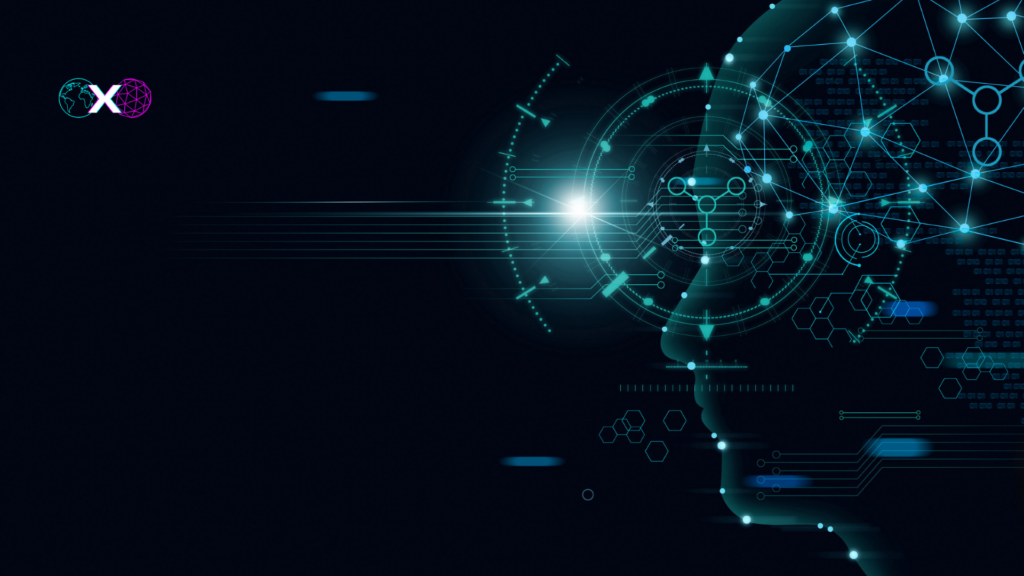AI Revolution – Transforming Businesses and Economies

The Rise of AI in Business
AI adoption has accelerated across industries, with companies leveraging machine learning (ML), natural language processing (NLP), and robotics to gain a competitive edge. Businesses use AI to improve efficiency, enhance customer experiences, and unlock new revenue streams.
Key Business Applications of AI:
- Automation: Replacing repetitive tasks with AI-powered solutions.
- Customer Service: Chatbots and virtual assistants are providing 24/7 support.
- Data Analytics: Predictive analytics helps businesses forecast trends and make data-driven decisions.
For example, companies like Amazon and Netflix utilize AI for personalized recommendations, enhancing user experiences and driving customer loyalty. Similarly, AI-powered chatbots are reducing response times and improving customer satisfaction in industries such as banking and retail.
AI’s Economic Impact
The economic impact of AI is staggering, with experts predicting that AI could contribute up to $15.7 trillion to the global economy by 2030 (PwC). AI adoption is fostering growth in sectors such as healthcare, finance, manufacturing, and retail.
Emerging markets are harnessing AI to overcome traditional barriers, while developed economies are leveraging it to maintain their global leadership. Key economic contributions include:
- Job Creation: While automation displaces certain roles, it also creates new opportunities in AI development, data science, and robotics engineering.
- Productivity Gains: AI-powered automation increases output and reduces operational inefficiencies.
- Innovation: Startups and established companies are using AI to launch groundbreaking products and services.
China and the United States are leading the AI race, with significant investments in research and development. European countries are also catching up by focusing on ethical AI practices and cross-border collaborations.
AI Transforming Key Industries
Healthcare
AI is revolutionizing healthcare through advanced diagnostics, robotic surgeries, and personalized treatment plans. For instance, AI algorithms can detect diseases such as cancer with higher accuracy than traditional methods. Telemedicine platforms powered by AI are enabling remote consultations, improving accessibility for patients worldwide.
Finance
The financial sector benefits from AI in fraud detection, risk management, and automated trading. Algorithms analyze market data in real-time, enabling faster and more accurate decision-making. AI-powered robo-advisors are also making financial planning accessible to a broader audience.
Manufacturing
AI-driven robotics and IoT integration are transforming manufacturing processes, enabling smart factories and predictive maintenance. Companies like Siemens and GE are at the forefront of this transformation, optimizing production lines and reducing downtime.
Retail
Retailers use AI for inventory management, dynamic pricing, and enhancing customer experiences through personalized marketing campaigns. AI-powered recommendation engines are driving higher sales and improving customer retention.
Challenges and Ethical Considerations
Despite its potential, AI adoption presents challenges that businesses and policymakers must address:
- Ethical Concerns: Ensuring AI systems operate transparently and without bias.
- Data Privacy: Protecting user data from misuse or breaches.
- Workforce Displacement: Reskilling employees to adapt to an AI-driven job market.
Organizations must adopt ethical AI frameworks to mitigate risks while maximizing benefits. Initiatives such as explainable AI (XAI) and robust data governance policies are crucial in addressing these challenges.
Future Outlook
The AI revolution is just beginning, with advancements in quantum computing, natural language understanding, and autonomous systems paving the way for the next wave of innovation. Businesses and governments must collaborate to create a sustainable AI ecosystem that fosters growth, inclusivity, and innovation.
By 2030, AI is expected to be deeply integrated into our daily lives, from smart cities and autonomous vehicles to healthcare systems and educational platforms. The potential for AI to drive positive change is boundless, provided it is implemented responsibly and inclusively.



